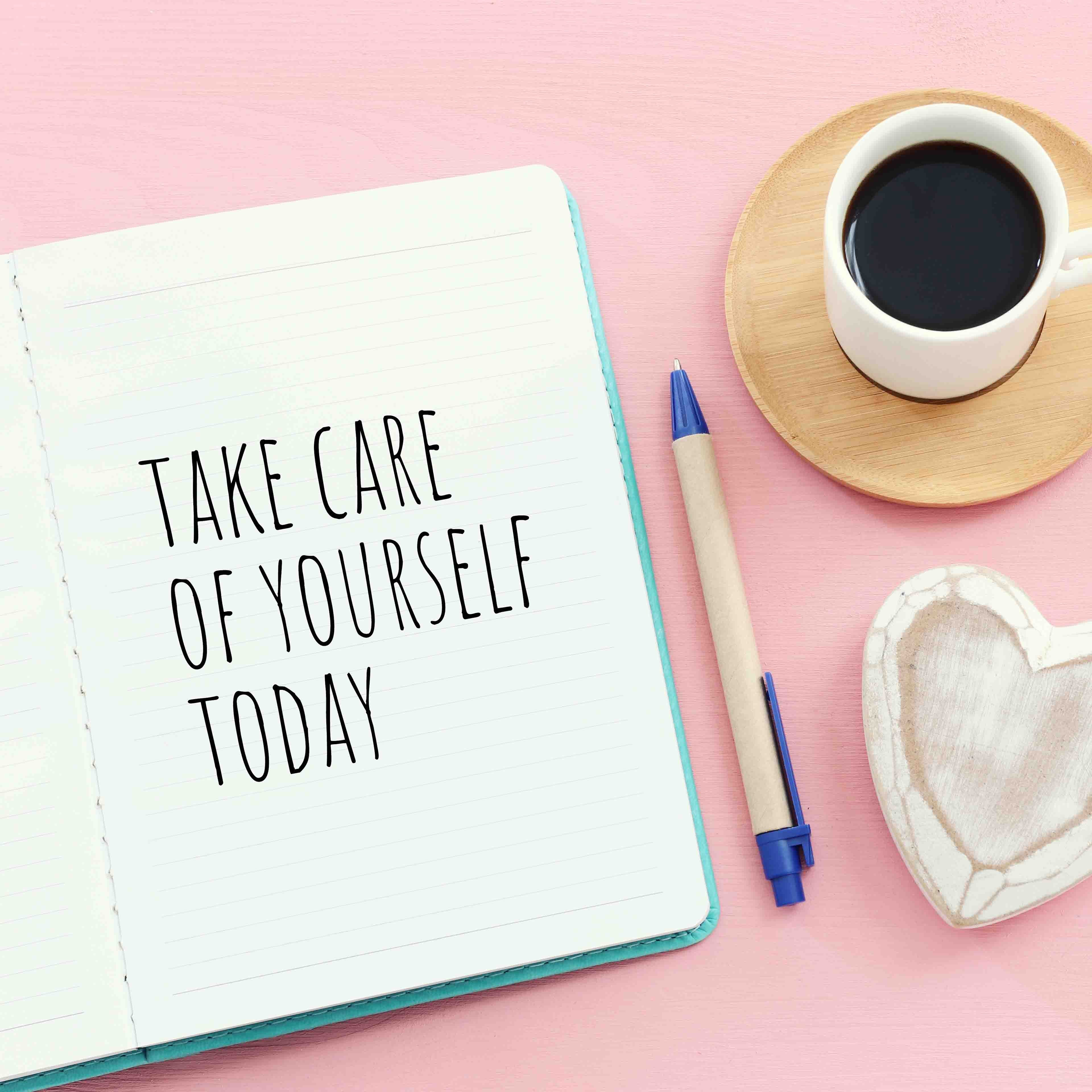
6 Tips for Taking Care of Your Mental Health
Our mental health is one of the most important components of our overall health; it includes our emotional, psychological, and social well-being. How we think, feel, and act all stem from our mental health.
Taking care of our mental health is just as important as exercising and eating well. Our mental health encompasses our emotional, psychological, and social well-being—all our thoughts, feelings, and behaviors.
We will cover six tips to incorporate into daily life to improve your mental health self-care. Let’s dive in!
6 Tips for Better Mental Health
1. Move Your Body
We reap many mental health benefits when we move our bodies, whether it’s going to the gym, yoga, biking, dancing, or simply walking. Pick something that you enjoy; it’ll make exercise more fun.
Here are some of the mental health benefits: [*]
- Reduces anxiety and depression symptoms
- Enhances focus and mental alertness
- Reduces stress
- Boosts mood
- Improves self-esteem
- Better sleep
2. Eat and Drink Well
The adage is “you are what you eat,” but it should be “what you eat affects how you feel.” Fueling your body with nutrient-dense foods will improve your mental health and boost your mood. [*]
Some foods to incorporate into your diet are:
- Nuts
- Berries
- Fatty fish
- Whole grains
- Dark leafy greens
Getting enough water throughout the day is also important for improving mental health. More than half of the human body is made up of water, and it’s recommended to drink about half our body weight in ounces daily.
Our brains are severely and quickly affected if we’re even the slightest bit dehydrated. Mild dehydration can impair brain functions like mood, memory, and brain performance. It can also increase feelings of anxiety and fatigue. [*]
3. Get Enough Sleep
Sleep is non-negotiable if you want to improve your overall health, especially your mental well-being. The average adult gets less than six hours of sleep per night, and studies have shown less than six hours of sleep can cause mental stress.
Aim for more than six hours of sleep per night and try to improve sleep quality. Here are some tips:
- Caffeine – Limit caffeine after 3 p.m. or switch to a caffeine-free coffee alternative.
- Sleep Routine – Create a sleep routine that works for you. Include a set time to go to bed and time to wake up, along with activities that help you wind down for the night (e.g., yoga, stretching, music, reading, skincare routine, etc.)
- Clean Your Bedroom – Sleeping in a cluttered space can make it harder to fall asleep, so try to straighten up your bedroom before bed to get rid of anything that’s piled up during the day.
- Lower the Temperature – A cooler room, around 65°F, is optimal for high-quality sleep.
4. Stay Connected
Having a circle of friends and family members that are positive influences will positively affect your mental health. Fostering close friendships will combat feelings of loneliness and add meaning to your life.
A tight-knit group of friends is there for emotional support, celebrating wins, and being a shoulder to cry on during the losses.
Take time to nurture your relationships by keeping in touch with a text, call, or video chat. Make weekend plans like brunch or a morning hike.
5. Take a Break and Slow Down
Does it feel like you never stop during the day? Whether it be jumping between different screens or physically on the go, it’s hard for us to stop and take a breath as a society.
Everyone deserves a day off or two or three. Here are some of our favorite ways to slow your day down and relax:
- Do Not Disturb – One of the best features our phones give us is the ability to turn off notifications. We’re bombarded with notifications from messaging apps, Facebook, Instagram, Tiktok, news apps, weather updates, and work emails. It’s neverending.
- Limit Social Media – Make a pact with yourself not to check any social media in the morning. Social media can be addicting. It gives us that hit of dopamine before we get out of bed, making it hard to get out of bed and get on with our day.
- Get Outside – Heading outdoors is good for our bodies and our minds. Nature has a calming effect; combining that with a walk or any physical activity can fight off depression and anxiety.
6. Ask for Help
Improving how you take care of your mental health by following the strategies above will create new habits, but sometimes that’s not enough, especially if you’re dealing with a mental illness.
You might consider working with a mental health professional if this is the case. Remember that you don’t need to have a mental illness to benefit from therapy. Therapists, counselors, and psychologists can offer a third-person perspective that is open and safe to explore different parts of your life and personality.
People seek out a therapist’s help for many different reasons, including:
- Coping with trauma
- Anxiety, depression, mood disorders
- Anger issues
- Low motivation
- Changes in sleep and appetite
- Feelings of overwhelm
- Substance use
Click here to find a therapist in your area.
The Last Sip
Taking even one step to improve your mental health is huge. No matter how you incorporate self-care or any tips above, make sure it’s something you enjoy.
Which one are you most excited to try?







